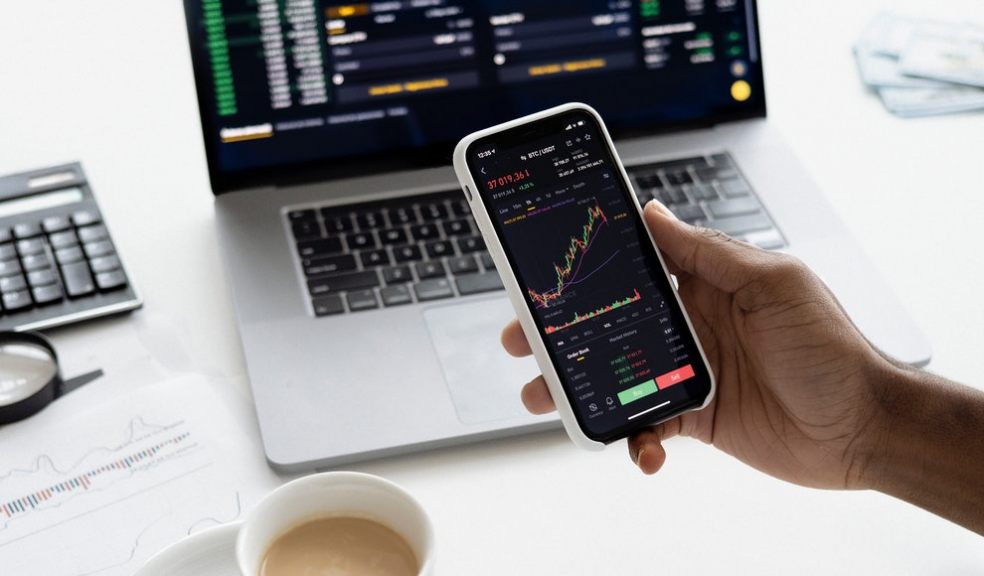
The difference between the stock market and the economy- a complete guide
If you are an investor, you would want to know how the stock market is different from the economy. However, to thoroughly understand the disconnection between the stock market and the economy, it is essential to understand the stock market's real definition and the economic system.
What is Economy?
An economy consists of multiple markets whose primary purpose is to gather buyers and sellers. The market uses an economic mechanism to allocate scarce resources in the most appropriate way possible. When talking about a country's economy, we are referring to a macroeconomic topic. But an economic market comes under a microeconomic mechanism that explains the working of the economy.
An economy always involves consumers who buy goods or services and businesses that employ consumers and produce final goods. It also consists of the government who plays both the role, i.e., hires labor, buys the product, and levy taxes. When all the sectors interact collectively, they form a simplified economy. For better earning you should know how to buy Amazon stock in the UK.
Another way to understand the economy is through GDP, i.e., by understanding the value of goods and services produce while taking inflation into account. As a result, learning the growth of GDP will help you understand the health of the economy. No matter if the goods or services produced is increasing or decreasing.
What is the stock market?
The stock market majorly refers to one of the major stock market indexes, like the S&P 500 or the Dow Jones Industrial Average. It is nearly impossible to track the indexes of the stock market. As a result, a section of the market and its performance are viewed as the entire market indicator.
In simpler words, it is the buying and selling of ownership of a share of the company. The stock market also includes a buyer and sellers of the claims. Generally speaking, people who deal in shares have expectations of the companies' stock exchange's future earnings.
The difference between the two concepts
As we have already discussed, the economy deals with the production and consumption of goods and services at the most basic level. It takes into account government, companies, and individuals. On the other hand, the stock market is an exchange of selling, buying, and issuance of shares.
A small business that consists of less than 500 employees is known to be the country's economy's lifeblood. But they do not represent the stock market. As per research, small businesses form about half of the private-sector employer and about 44% of a country's economic activity. Moreover, less than one-third of the people work at public trading companies. This statistic clearly shows that the stock market only represents a portion of the employment and has no control over its economic gain.
Additionally, the stock market composition is also different from that of the real economy. You can confirm this by analyzing major indexes' weighting that strongly weighs towards only a few sectors and companies. The five largest companies, mainly those related to technology, contribute to 20% of the S&P 500 and have been carrying much hold better than other sectors.
It is a profound truth that day to day market swing cannot affect the real economy, although it might seem like it should. There are some primary differences between the two, which can worsen in a short period. But in the long run, the stock market and the economy have to co-relate strongly.
Stock market vs. economy affects, as a result of Covid-19.
One such time when the stock market shows a different picture than the economy is during Covid-19. With respect to the stock indexes, including the Dow Jones Industrial Average, Nasdaq, and S&P 500, all indexes surged during the pandemic. This market downturn took place in March. However, the Nasdaq is trading high in the current times, and the S&P 500 has wholly recovered its existence, which it was pre-Covid. Simultaneously, the DJIA is still in recovery and is below 3% than it was at the beginning of the year. In the initial year, it was 14.7%, and currently, it is about 10%. The reason behind the disconnection is explained in the following points.
#First
The whole performance of the stock market represents only a small percentage of the US employment market. The researchers have found that about 10 percent of the entire country's wealthiest households have only held over 84% of the total stock trusts, bonds, equity, and shares and about 80% of non-home real estate. This scenario was a fact despite almost half of the house owners holds a portion in trusts, mutual funds, multiple pension account, etc. Therefore you cannot say that the stock market is a good indicator of a country's economy.
#Second
When considering the DJIA formation, the S&P, and the Nasdaq composite index, you can see that the stock market does not form the economy. Instead, it is mostly made up of huge companies and has control over the broad capital market. Usually, smaller companies cannot get their hands on these markets. So you can see much effect of unemployment within a country in Small businesses particularly. These businesses include Travel companies, retail, and hospital sectors. It is essential to keep in mind that small businesses create around 50 percent of the country's jobs.
#Third
It is a known fact that, at times, investors may get sentimental or reactive when making a decision. As a result, their behavior does not mimic what the economy is facing and its current status. Thus there can be a condition that affairs happening in real-time may not be based on fear of market missing recovery and making a downturn.
While the stock market shows some changes in the economy and vice versa, however, it may not be the condition every time. At times, it can tell a different stock about the market, as was seen in the covid-19 situation. So if you are thinking about what the most prudent way of long-term investing is? Then we might suggest you maintain a diversified portfolio. The portfolio should spread your investment among different asset classes, which reacts differently to market conditions and economic changes.

















